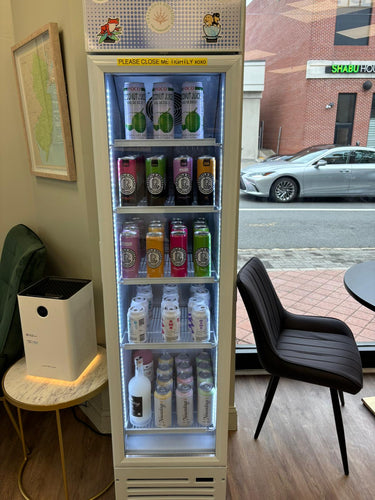Navigating the Future: Key Insights from U.S. Hemp Roundtable's Advocacy on Capitol Hill
Understanding the U.S. Hemp Advocacy Landscape: Key Takeaways from Capitol Hill Meetings
In recent developments significant to the hemp industry, the U.S. Hemp Roundtable's active engagement in Washington, D.C. has provided crucial insights and potential for substantial regulatory impacts. This article delves into the outcomes and strategic significance of these meetings, aimed at advocating for hemp farmers and businesses.
The Impact of High-Level Advocacy
The recent advocacy efforts by the U.S. Hemp Roundtable in Washington, D.C., demonstrate the power of direct political engagement. Through meetings with key policymakers, including those from the White House and various national agricultural committees, advocates have aired significant issues facing the hemp industry. These discussions are critical as they can lead directly to more supportive policies and regulations that benefit hemp cultivation and business operations in the U.S.
Legislative Prospects and Opportunities
The active participation of the U.S. Hemp Roundtable in these high-level meetings offers several legislative prospects. By engaging with federal entities and advocating for practical changes, there is a renewed opportunity to influence future legislation that could enhance the regulatory landscape for hemp products. For business stakeholders, understanding these potential legislative environments is crucial for long-term planning and investment.
Strengthening Industry Standards and Compliance
A central focus of discussions has been on improving standards and ensuring compliance across the hemp industry. This includes potential enhancements in quality control and consumer safety, which are imperative for maintaining industry integrity and consumer trust. Compliance with enhanced standards not only supports public health but also stabilizes the market, creating a more predictable environment for investors and businesses operating in the hemp sector.
Encouraging Sustainable Growth and Innovation
These advocacy efforts are not just about navigating current regulations but also about paving the way for sustainable growth and innovation within the industry. Ensuring that hemp farmers have a voice in shaping policies affects cultivation practices, market access, and technological advancements in product development. Sustainable practices underpinned by supportive policies can lead to more innovative, environmentally friendly products that appeal to a broader demographic, aligning with the interests of forward-thinking companies like Little Rick.
Conclusion
The U.S. Hemp Roundtable's recent advocacy work in Washington, D.C. highlights the ongoing need for strategic engagement with policymakers to mold a favorable regulatory landscape for the hemp industry. For stakeholders within this sector, staying informed and involved is essential. For those interested in exploring compliant THC and CBD products that are at the forefront of industry standards, visit Little Rick to discover how our commitment to quality and innovation is shaping the future of hemp-based beverages and edibles.







